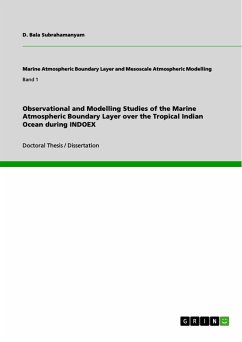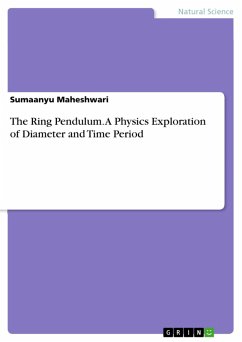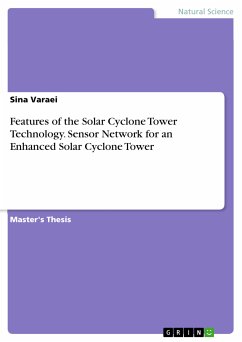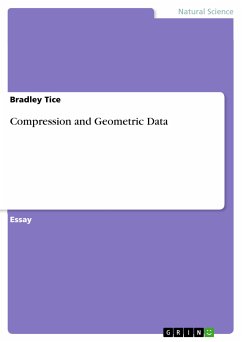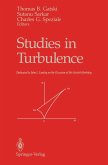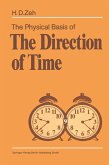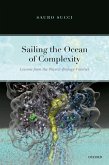Doctoral Thesis / Dissertation from the year 2003 in the subject Physics - Applied physics, grade: None, Mahatma Gandhi University (Space Physics Laboratory - Vikram Sarabhai Space Centre, Thiruvananthrapuram - 695 022), course: Atmospheric Sciences, language: English, abstract: The Atmospheric Boundary Layer (ABL) over the oceanic surface is commonly referred to as the Marine Atmospheric Boundary Layer (MABL) and it can be considered as the turbulent region in the immediate vicinity of the oceanic surface. The major features that distinguish the ABL over ocean from its land counterpart are the wet, mobile, lower boundary in addition to certain ocean-specific thermodynamic and dynamic characteristics. The structure and characteristics of the MABL and its interactions with the oceanic surface and the overlying free atmosphere are known mainly as a result of a synergistic combination of observational studies, numerical and laboratory simulations, and dimensional analysis. Our present knowledge and understanding of the MABL over various oceanic regions of the globe comes from the experience and expertise acquired during various field experiments. The present thesis aims at improving our understanding of the structural characteristics of the MABL and its associated dynamics over the data-sparse region of western tropical Indian Ocean by making use of the meteorological data collected onboard Oceanic Research Vessel (ORV) Sagar Kanya and Kaashidhoo Climate Observatory (KCO) during the Intensive Field Phase (IFP-99) of the Indian Ocean Experiment (INDOEX).
Dieser Download kann aus rechtlichen Gründen nur mit Rechnungsadresse in A, B, BG, CY, CZ, D, DK, EW, E, FIN, F, GR, HR, H, IRL, I, LT, L, LR, M, NL, PL, P, R, S, SLO, SK ausgeliefert werden.

